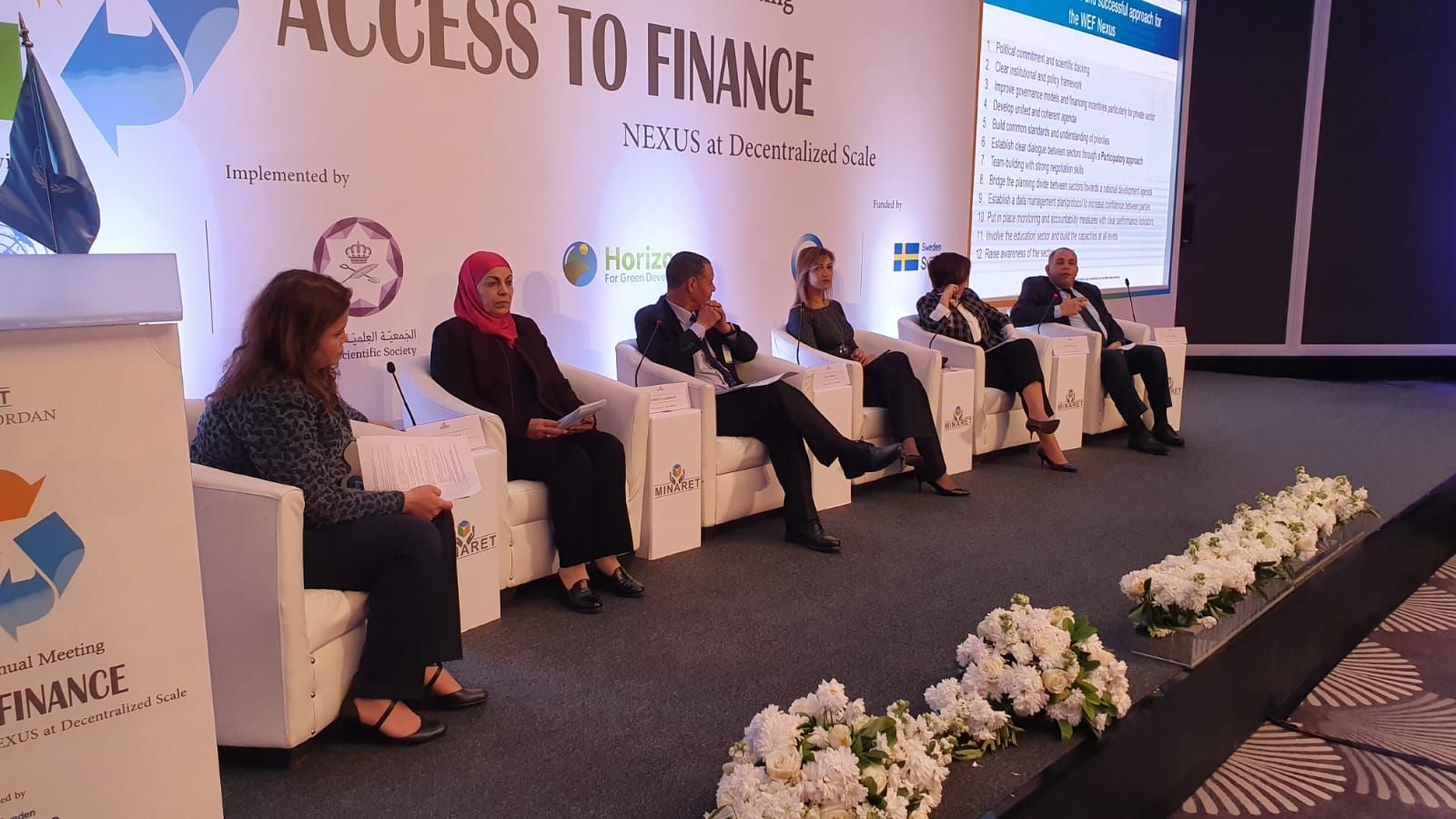The Workshop addresses the growing need of subnational governments for decentralization in order to empower the formulation of needs-based solutions while concurrently facing circumstances of sub-par national governance, limited budgets and confined legal frameworks; including little consideration to gender mainstreaming and nexus-thinking. It argues that investigating and building capacity on the applicable business models and access to finance scenarios that give sub-national governments a leading role when it comes to development projects can be seen as a quintessential mission to empower local communities.
28-30 January 2020
Workshop
Access to Finance for Municipalities – Nexus Thinking and Decentralization of Subnational Governments
The 2030 Agenda for Sustainable Development includes fully dedicated SDGs on water (SDG6) and on energy (SDG7), recognizing the importance of these two critical factors in advancing sustainable development and poverty eradication. Evident policy and operational linkages exist between the SDG 6 targets focused on ensuring water and sanitation for all and the SDG 7 targets aiming to ensure access to energy for all. These are magnified when climate change considerations (articulated in SDG 13) and food security objectives (detailed in SDG 2) are considered within an integrated sustainable development context. The aim of drawing upon the nexus as a conceptional and operational framework is thus to improve natural resources management and advance the achievement of policy and performance objectives through an integrated lens.
Within this framework, the UN Economic and Social Commission for Western Asia (UN-ESCWA) and the Royal Scientific Society – NERC are organizing a workshop on “Access to Finance for Municipalities – Nexus Thinking and Decentralization of Subnational Governments” under the basis of the REGEND and the MINARET projects. The aim of the workshop is focused on sharing experiences, building capacities of relevant institutional bodies, and formulating gender mainstreaming and human rights-based strategies and action plans to support sub-national governments, municipalities and local institutions in accessing financial resources.
Initiatives: REGEND
